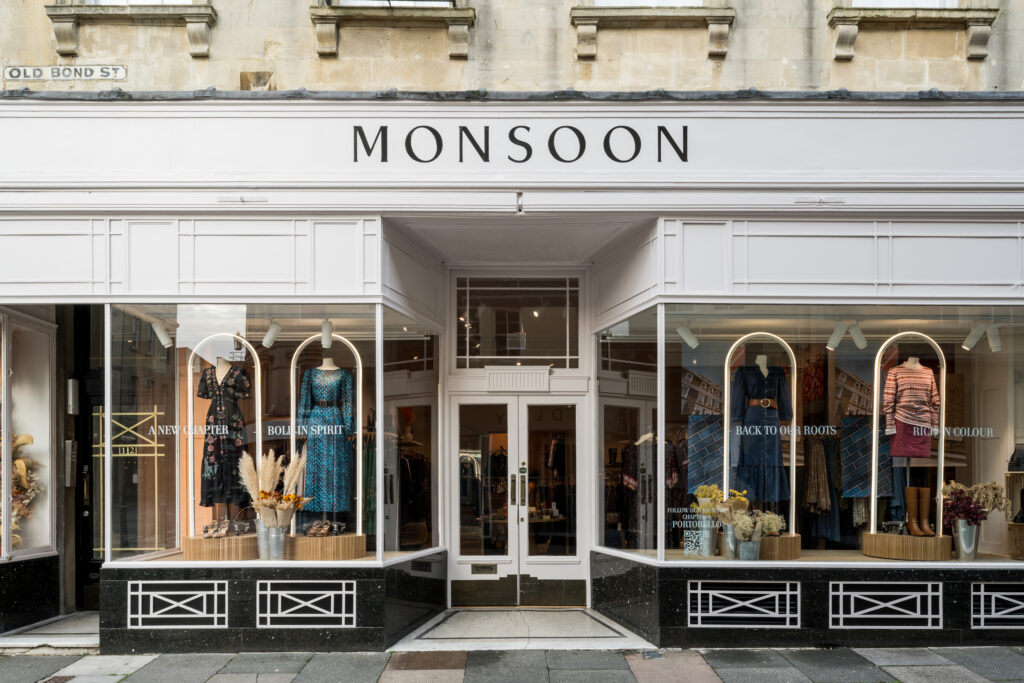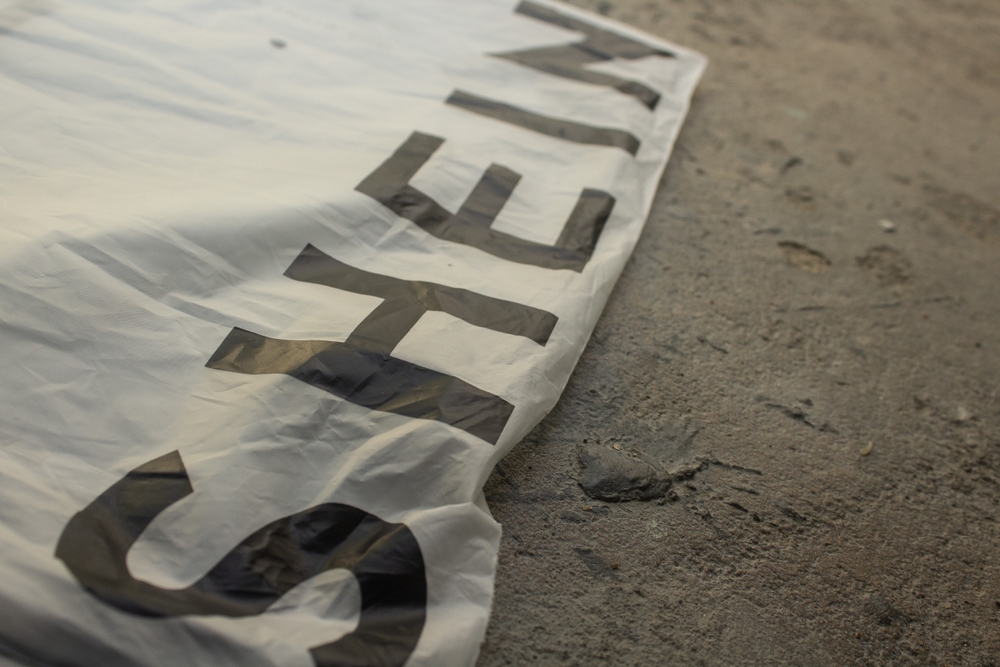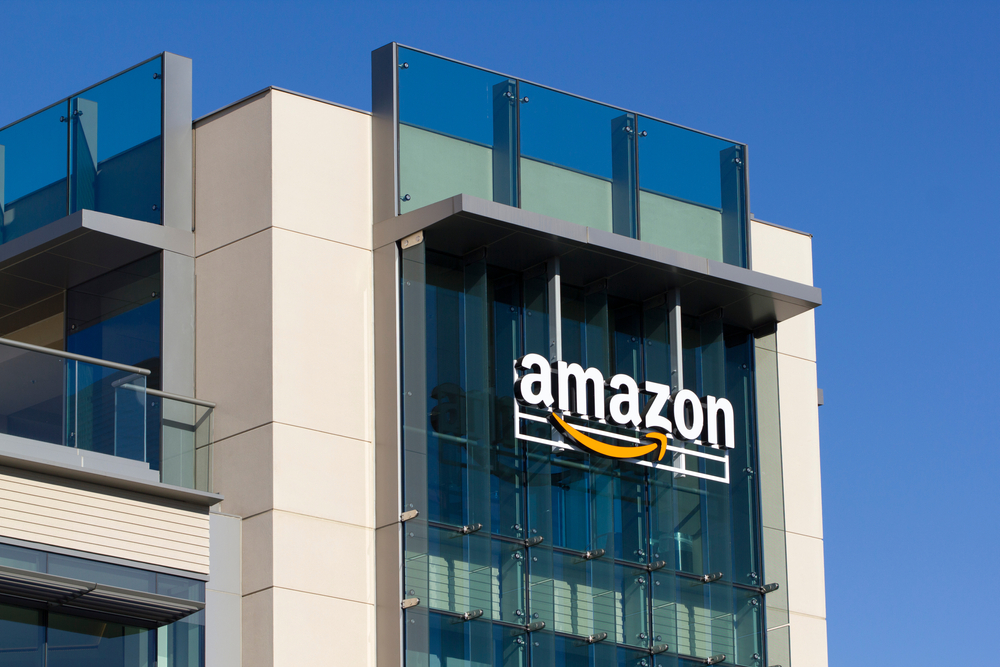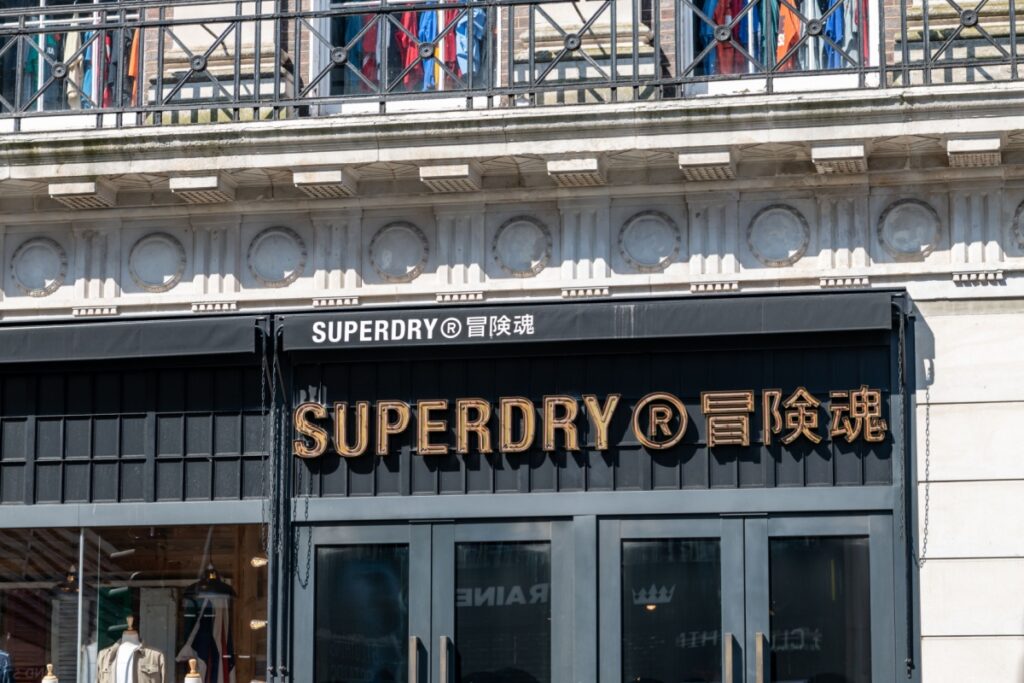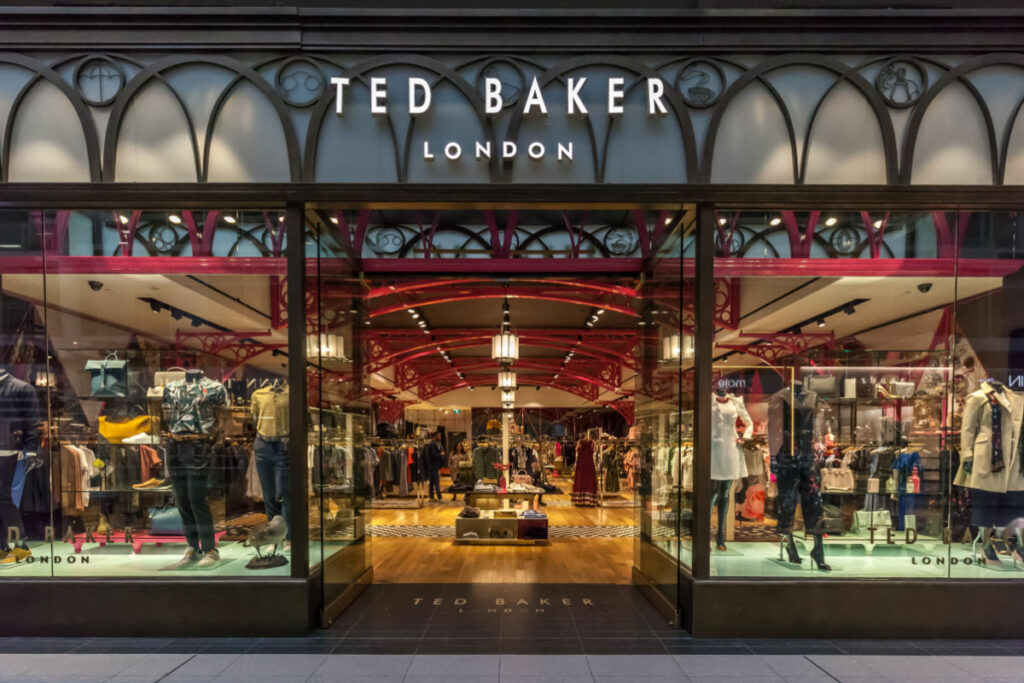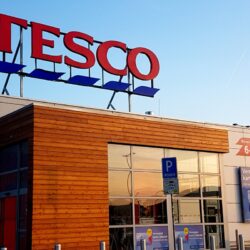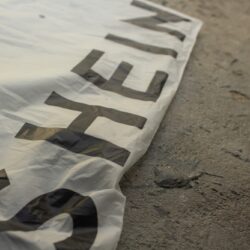Ted Baker became the latest high street casualty last month when the brand’s UK operator No Ordinary Designer Label called in administrators.
It is one of several collapses reported so far this year following a record number of retail insolvencies in the year to January 31.
Retail Gazette takes a look at the retailers that have gone bust so far in 2024.
Ted Baker
Administrators at Teneo revealed last week that Ted Baker will close 11 stores and had served notice on an additional four sites in a move that will result in 245 job losses.
Part of its inital restructuring will also include the loss of 25 head office staff due to “a necessary reduction in central costs”.
UK operator No Ordinary Designer Label (NODL) – which licenses the brand in the UK and Europe from Authentic Brands Group (ABG) – filed a notice to appoint administrators after ABG terminated its relationship with AARC, the Dutch firm that ran the brand’s UK operation in February.
ABG chief strategy and transition officer John McNamara said: “Despite our tireless efforts, the damage done during a period under AARC in which NODL built up a significant level of arrears was too much to overcome.
“We wish that there could have been a better outcome for the Ted Baker employees and stakeholders…We remain focused on securing a new partner to uphold and grow the Ted Baker brand in the UK and Europe where it began.”
Muji
 Japanese retailer Muji filed for administration at the end of March with a pre-pack deal understood to be in the offing.
Japanese retailer Muji filed for administration at the end of March with a pre-pack deal understood to be in the offing.
The retailer’s UK stores – which include six in London and one in Birmingham – are expected to be retained when the firm’s European holding company undergoes a pre-pack administration.
Muji told TheBusinessDesk.com: “This is part of a planned strategic restructuring of the business and Muji’s management expect to conclude a deal shortly.
“For Muji’s colleagues and customers in Europe it is business as usual – all stores and ecommerce will continue to operate as before, and all new and outstanding orders will be fulfilled.”
MatchesFashion
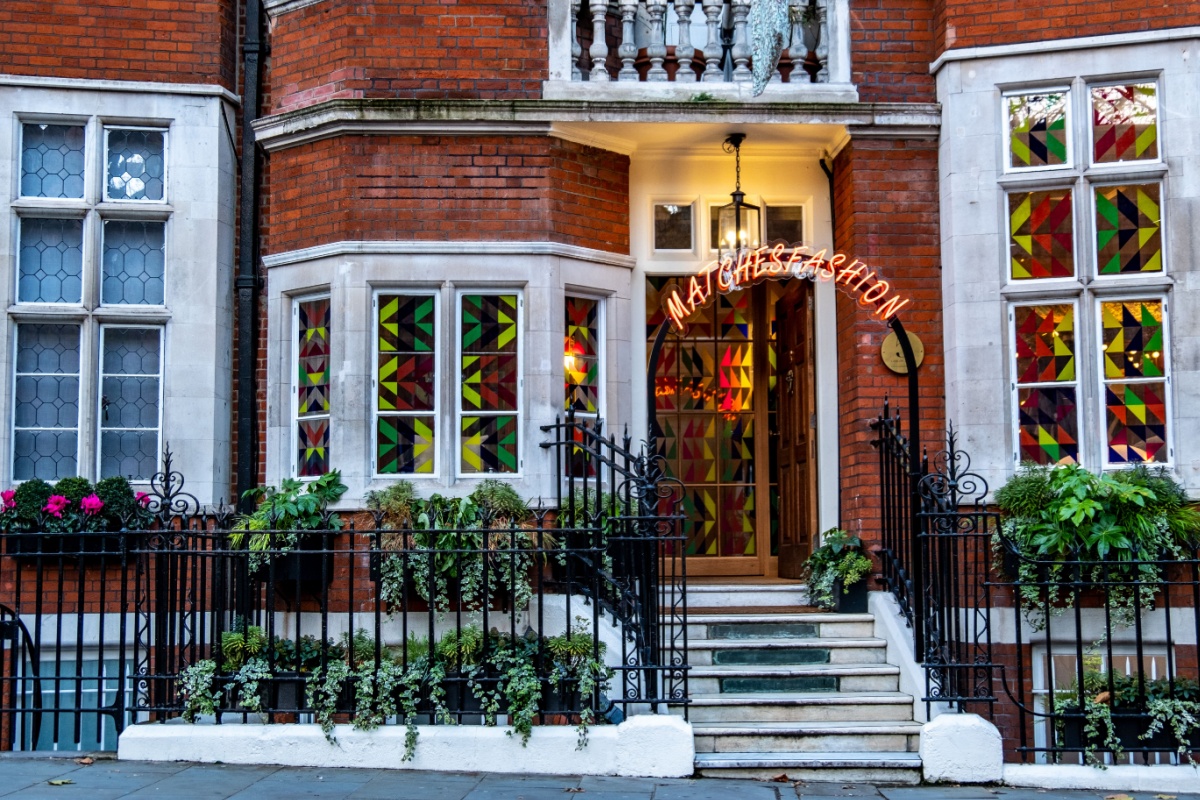
Frasers Group put luxury fashion etailer Matches into administration in March just two months after it acquired the business in a £52m deal from Apax Partners.
The Mike Ashley-controlled retail empire said the fashion business had “consistently missed its business plan targets and, notwithstanding support from the group, has continued to make material losses”.
It appointed administrators at Teneo to handle the process which has since seen 273 staff members across buying, communications, analytics and marketing made redundant.
Base Childrenswear and Kids Cavern
Frasers also called in administrators for Kids Cavern and Base Childrenswear back in March, kidswear retailers it purchased from JD Sports as part of a £47.5m deal just over a year ago.
The group had rebranded the four Base Childrenswear stores – located in Westfield London, Westfield Stratford, Bluewater and Birmingham – as Flannels Junior last summer.
Kids Cavern has three stores in Liverpool, Manchester and Newcastle, with the Manchester location trading as Flannels Junior.
The administration is understood to have placed around 50 staff members are at risk of redundancy.
The Body Shop
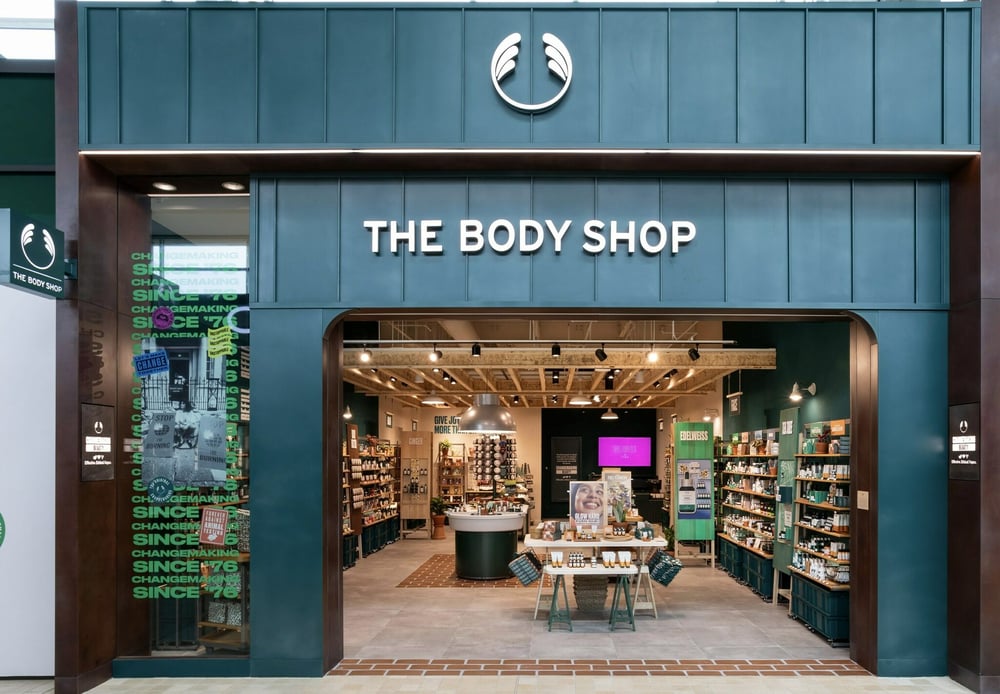
The Body Shop owner Aurelius called in administrators at FRP in February just weeks after it bought the chain from Brazillian beauty group Natura & Co.
Following the decision, labeled a restructuring move, more than 75 stores have closed and 40% of its head office staff axed.
FRP is understood to have drafted plans for a company voluntary arrangement (CVA) that would see the retailer enter talks with landlords about rent cuts as it looks to salvage the future of the ethical beauty brand.
It said a CVA would “allow the company to be rescued and exit administration” back into the ownership of Aurelius.
The Body Shop’s German, US and Canadian operations have also filed for bankruptcy and HMV owner Doug Putman is reported to be considering a bid for the retailer’s North American businesses.
Farfetch

Farfetch was sold to South Korean ecommerce giant Coupang at the start of February through a pre-pack administration deal.
The sale included a £394.7m bridge loan to help Farfetch avoid bankruptcy while the deal was finalised. The luxury etailer was able to explore other potential suitors for all or part of the business while details of the transaction were agreed.
Warnings signs flashed when the New York-listed company cancelled its quarterly earnings report in December and said it “expects to provide a market update in due course”.
It then began discussions with several parties, including Apollo and shareholder Richemont, about securing new financing.
Since its sale to Coupang, Farfetch founder José Neves has stepped down from the business and between 25% and 30% of its workforce is said to have been made redundant as the new owner works to “streamline the business”.
LloydsPharmacy
LloydsPharmacy entered liquidation in January, concluding the final stage of its year-long divestment campaign under its private equity owner Aurelius.
The pharmacy – which was once the second biggest chain in the UK – had been quietly closing its stores and selling most of them to independent retailers and smaller chains over the past year.
The business shuttered all its 237 branches inside Sainsbury’s supermarkets last June in a move that is thought to have cost around 2,000 jobs.
LloydsPharmacy, which blamed a cut in government funding for its widening losses and store rationalistion programme, now operates as an online doctor service, clinical homecare and for patients in NHS hospitals, prisons, community health trusts and the private sector.
Click here to sign up to Retail Gazette‘s free daily email newsletter




